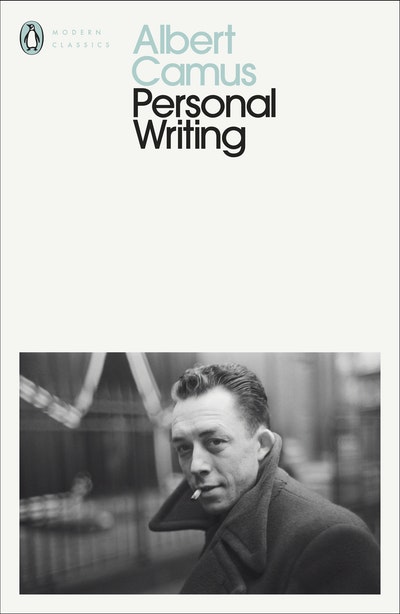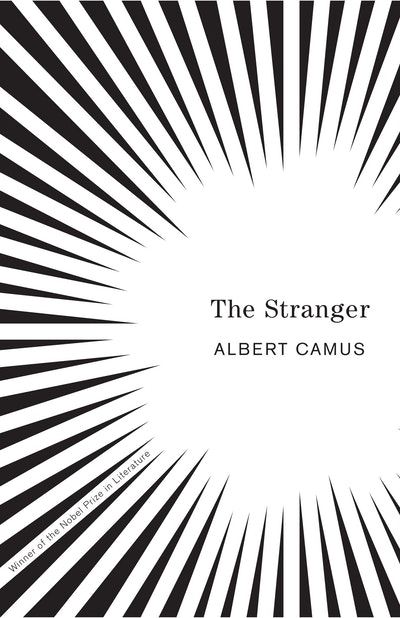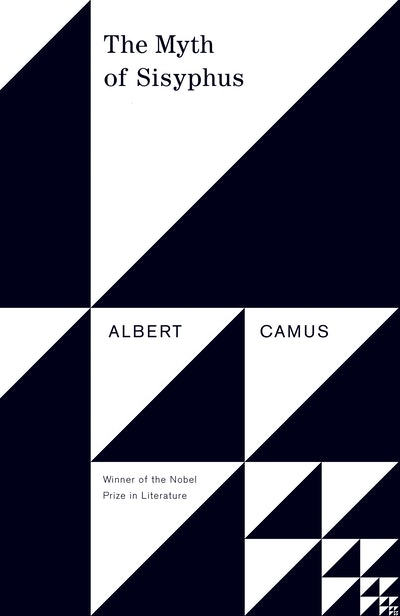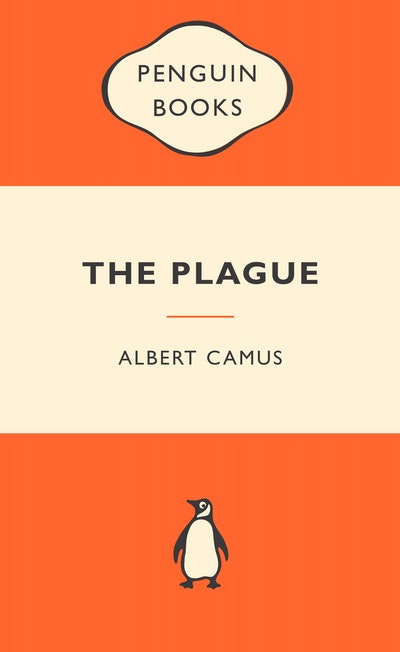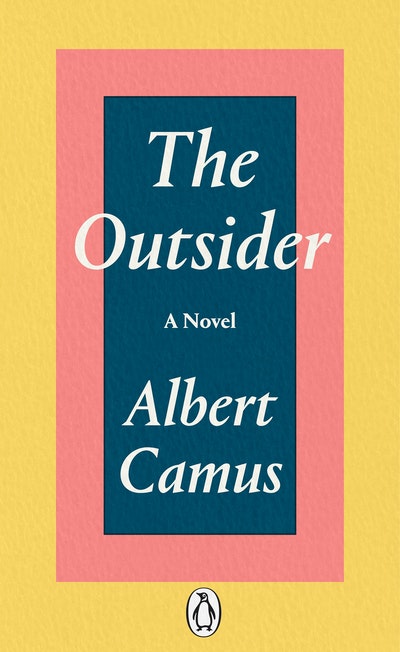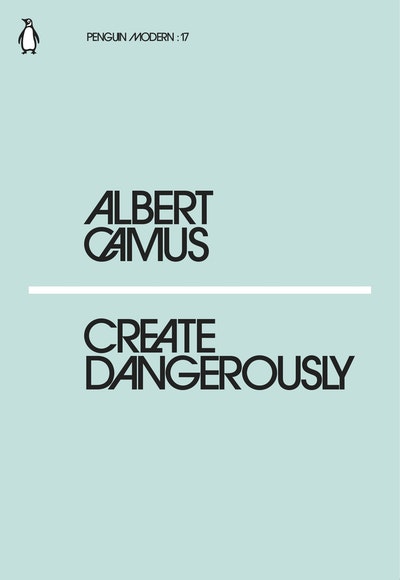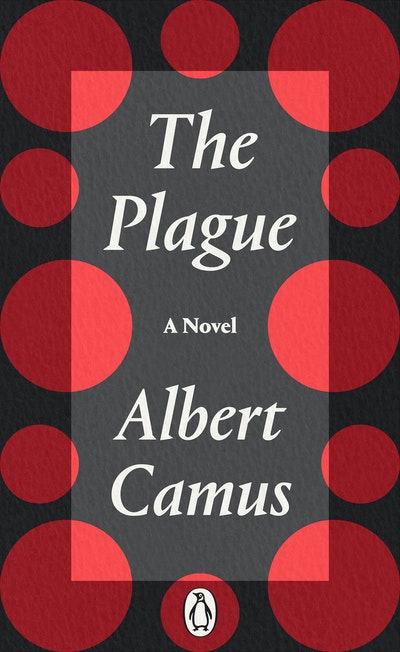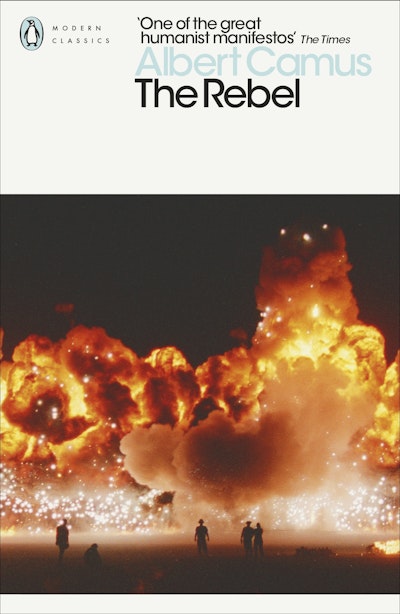[]
- Published: 17 November 2020
- ISBN: 9780241400272
- Imprint: Penguin Classics
- Format: Paperback
- Pages: 224
- RRP: $26.99
Personal Writings
Formats & editions
Buy from…
- Published: 17 November 2020
- ISBN: 9780241400272
- Imprint: Penguin Classics
- Format: Paperback
- Pages: 224
- RRP: $26.99
Probably no European writer of his time left so deep a mark on the imagination
Conor Cruise O'Brien
It was the discovery of the essays celebrating his childhood and youth that altered my perception of him, from a thinker to a writer whose intellectual lucidity was a product of the wealth - the sensual immediacy and clarity - that had been heaped on his senses
Geoff Dyer
What will strike many readers is the author's extraordinarily evocative language, his astonishing facility to create memorable phrases and take readers to places most have never been but where, because of his artistry, they feel immediately at home. Much eloquent-often lyrical-evidence that the author deserved his Nobel Prize.
Kirkus Reviews
